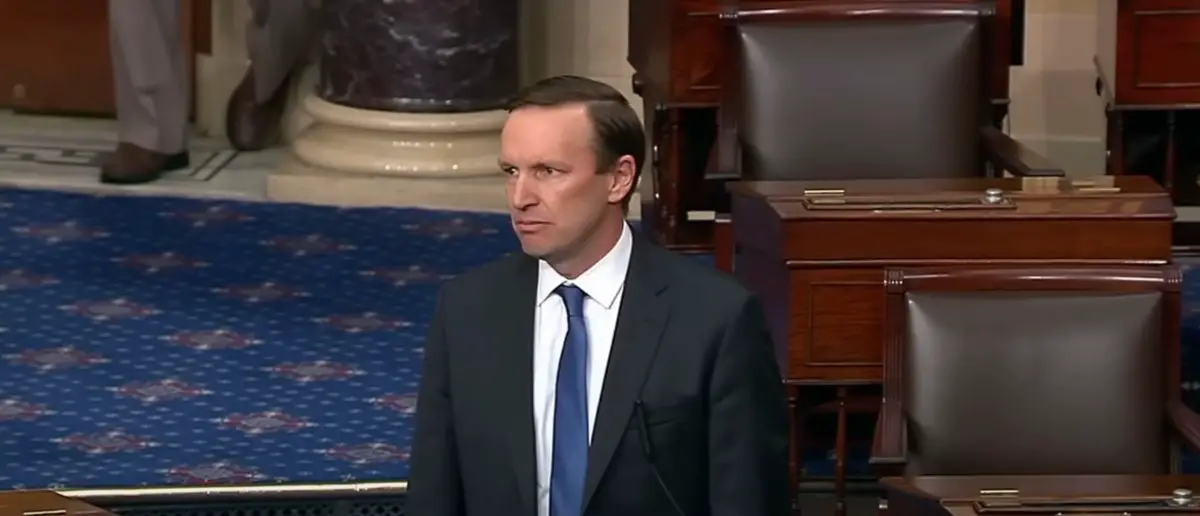
It’s rare to see a politician speak candidly about politics. But one man has had enough.
Now this U.S. Senator went on Fox News and made an eye-popping confession.
Senator Chris Murphy (D-CT) admitted on Tuesday that the Democratic Party’s media strategy is outdated — an acknowledgment that came in response to a sharp assessment from Fox News host Jesse Watters.
During a segment on The Five, Watters broke down how conservatives have adapted to the modern media landscape while Democrats remain stuck in the past.
He argued that Republicans have developed an agile, grassroots-driven media ecosystem, while Democrats continue to rely on outdated tactics that no longer reach the broader public.
“We are waging a 21st-century information warfare campaign against the Left and they are using tactics from the 1990s,” Watters said.
“They are holding tiny press conferences, tiny little rallies. They’re screaming into the ether on MSNBC. This is what you call top-down command and control. You get your talking points from a newspaper and you put it on the broadcast network and then it disappears.”
Watters: We are waging a 21st century information warfare campaign against the left…What you're seeing on the right is asymmetrical… Someone says something on social media, Musk retweets it, Rogan podcasts it, Fox broadcasts it.. and by the time it reaches everybody, millions… pic.twitter.com/EccQutLW0J
— Acyn (@Acyn) February 17, 2025
Watters explained that, for decades, Democrats benefited from their dominance in legacy media outlets, which allowed them to control the political narrative.
But in today’s digital age, conservatives have shifted to a more decentralized, fast-moving strategy that allows their message to spread rapidly and organically.
“What you’re seeing on the Right is asymmetrical. It’s like grassroots guerrilla warfare. Someone says something on social media, Musk retweets it, Rogan podcasts it, Fox broadcasts it. And by the time it reaches everybody, millions of people have seen it. It’s free money. And we’re actually talking about expressing information. They are suppressing information,” Watters continued.
Rather than pushing back against Watters’ critique, Murphy surprisingly agreed with him. In a post on X, he admitted that Democrats were falling behind and needed to rethink their approach to political communication.
“This is true. And until the left builds an infrastructure to confront this reality — and stops acting like political communication is still just buying millions of TV and digital ads every two years — we are cooked,” he wrote.
Murphy’s admission reflects growing concerns within the Democratic Party that their traditional media playbook is failing.
While they continue to pour money into television and digital ads, Republicans have successfully built an ecosystem where messages spread virally, amplified by influencers, independent media, and social platforms.
This shift in media dynamics has left many Democrats scrambling to adjust.
Legacy outlets like The New York Times, CNN, and MSNBC no longer have the same monopoly over political discourse, as conservatives have cultivated alternative channels that bypass traditional gatekeepers.
If Democrats fail to modernize their approach, Murphy’s warning may prove prophetic. The ability to control the narrative in today’s media landscape no longer depends on who dominates traditional newsrooms — it’s about who can get their message in front of the most people, the fastest.
Right now, Republicans appear to have mastered that game, while Democrats are still playing by old rules.





